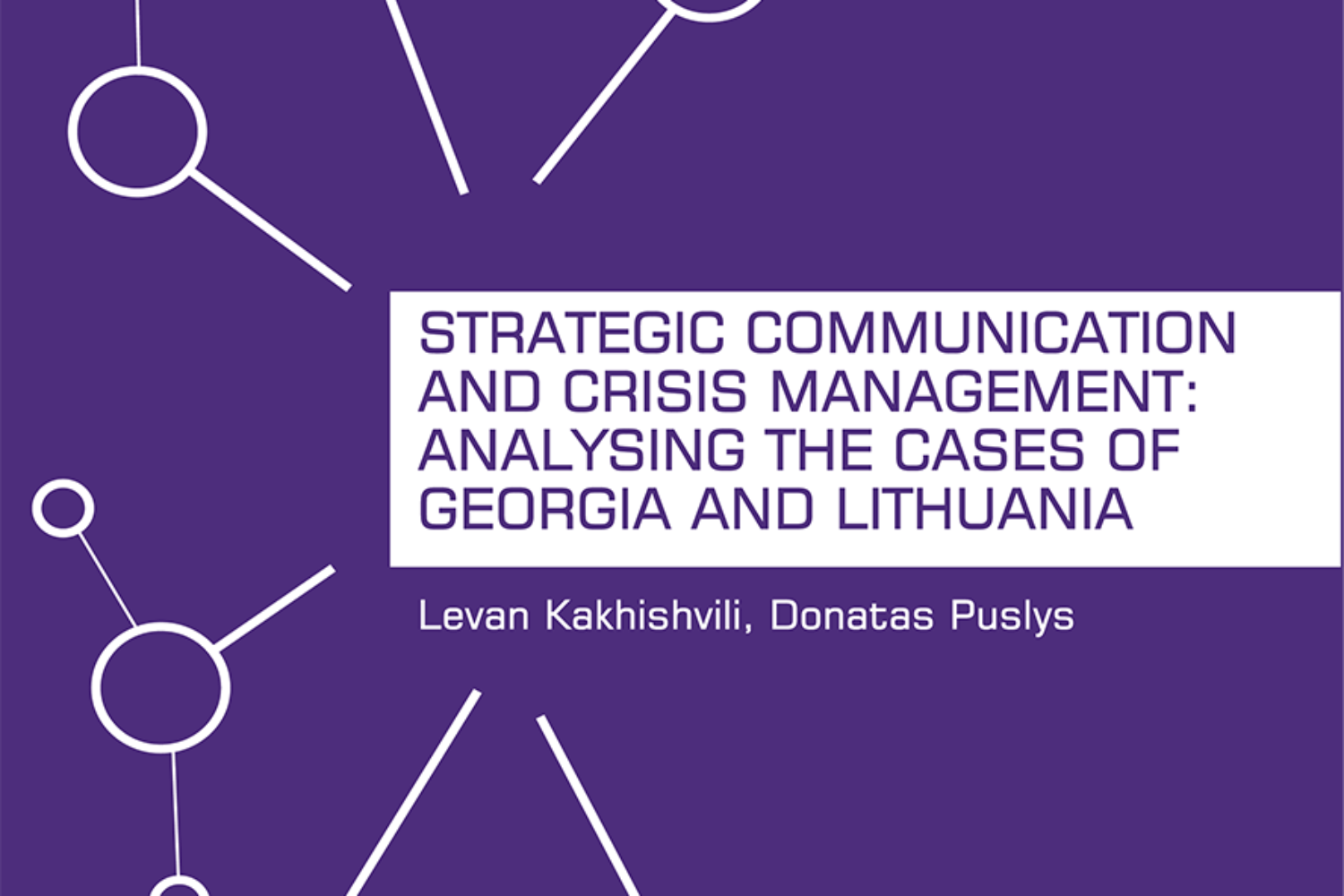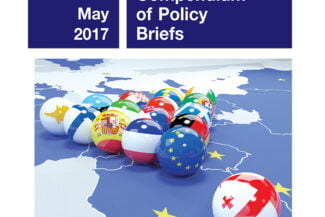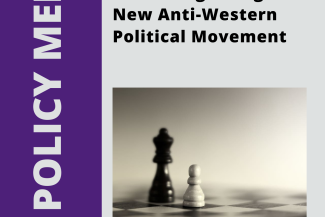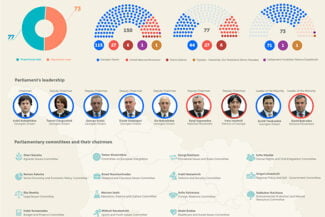12-11-2019
In the context of democratization and democratic consolidation, internal political crises, caused by either external shocks or dynamics in the domestic arena, pose a significant challenge to the stability of the Georgian political system. Such crises can jeopardize not only internal order but also Georgia’s relations with external actors. Consequently, analyzing the government strategies of crisis management and identifying lessons from failures or successes is key to improving the level of national resilience. This paper aims at evaluating the Georgian government’s responses to domestic political crises. It also provides insights, based on the Lithuanian experience, on how such responses can be improved in order to strengthen national resilience.
The paper discusses two cases from both Georgia and Lithuania. The first case from Georgia is the protest wave that started on June 20 as a result of a Russian MP from the Communist Party, Sergei Gavrilov, addressing the delegates of the Inter-parliamentary Assembly on Orthodoxy (IAO) in Russian from the seat of the speaker of the Georgian parliament. The second case is the recurring incidents of borderization, i.e. land grab and the construction of physical barriers, such as barbed wire fences, trenches, fences, etc. along the occupation line by the Russian border guards and de-facto authorities. Such incidents lead to public unrest, especially since the government cannot actively prevent these incidents. For the purposes of this paper, the Georgian government’s handling of these cases are considered as failures in terms of efficient crisis management and strategic communication. The paper will identify the failures and lessons to be learned from these incidents.
The paper also overviews the Lithuanian experience and specific cases as a demonstration of successful crisis management. The first case concerns the 2018 teachers’ strike. The strike was mainly triggered by the reform in the teachers salary model introducing tenure based system. The Ministry of Education implemented these changes to address persisting challenges in Lithuania’s education system, including the decrease in the number of students and teachers by almost a half during the last 15 years and speedily increasing average age of Lithuania’s teachers[1]. However, upon introduction of the new salary model, only 5 percent of teachers had full tenure and one third of the teachers earned only 500 euro[2] before taxes.[3] The new system and the method how it was introduced aroused opposition from one of the teachers trade unions and started wide protests that resulted in the resignation of the Minister of Education. The second case relates to how Russia portrays Lithuanian freedom fighters, who were active after WWII when the Soviet Red army “liberated” Nazi occupied territories. In 2017 when NATO presented a movie about Lithuanian freedom fighters, the Kremlin intensified its disinformation campaign, which required an urgent response from the Lithuanian government.
Over the course of the research, in-depth interviews with principal stakeholders, i.e. representatives of government institutions, were conducted in order to evaluate the crisis management strategies employed by the respective government. Additionally, for the Georgian context, data from public opinion polls was analyzed in order to evaluate how the Georgian public assesses the government’s strategy of managing crises. Finally, public statements by key political figures were evaluated in order to explore what sort of discursive strategies politicians employ when dealing with internal political crises. Based on the evaluations of both successful and unsuccessful crisis management cases in Georgia and Lithuania, the paper draws lessons to be learned for the government of Georgia.
[1] More than half of teachers are older than 55 and the number of young teachers (below 25 years old) decreased by 71 percent in between the years 2011-2017. VZ.lt, “Mokytoju pradeda dirbti tik kas penktas pedagogikos studentas”. Available at: https://www.vz.lt/vadyba/personalo-valdymas/2018/10/04/mokytoju-pradeda-dirbti-tik-kas-septintas-pedagogikos-studentas. Accessed: 9 November 2019.
[2] Average bruto salary (before taxes) in Lithuania in the first quarter of 2019 reached 1262,7 euro. Available at: https://www.vz.lt/verslo-valdymas/personalo-valdymas/2019/05/28/vidutine-alga-i-rankas-lietuvoje-perkope-800-eur. Accessed: 9 November 2019.
[3] Delfi.lt, 2018. “Prezidentė patvirtino etatinį mokytojų apmokėjimo modelį“. Available at: https://www.delfi.lt/news/daily/education/prezidente-patvirtino-etatini-mokytoju-apmokejimo-modeli.d?id=78486329. Accessed: 29 October 2019.









